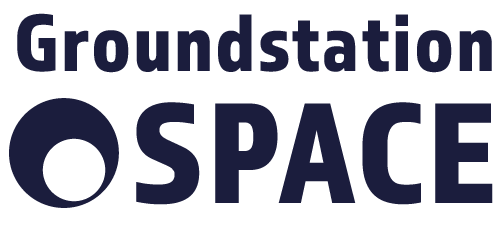Opportunities in Horizon Europe for Copernicus

On 13 October 2021 Groundstation.Space and the Netherlands Space Office organised a webinar on opportunities in Horizon Europe for Copernicus Earth Observation data.
Funding calls for the space sector
In the webinar we highlighted a selection of Horizon Europe calls that will require Copernicus Earth Observation data as part of the solution. These and other selected space calls in Horizon Europe have been collected in the new Open Calls Portal on this website, which is freely accessible to anyone interested.
The funding calls that are collected in the portal include the new Horizon Europe calls, but also calls from other sources, like the European Development Fund (EDF) and Digital Europe. Initially, the calls in the portal cover potential space applications in sectors like health, civil security, climate, energy, mobility, and bioeconomy, with more sectors being added over time.
The open calls portal offers great opportunities for a wide variety of space organisations, including those specialising in space, Earth observation, remote sensing, and satellite navigation technology and applications.

Prepare Yourself: Join our information webinars!
This October and November the Netherlands Space Office and dotSPACE organise a new series of webinars, in which we will highlight some of the best calls for the Dutch and European space sector. Please join these webinars to learn more about these great (new) business opportunities, to find potential consortium partners and find out about the dotSPACE services for writing successful proposals!
Webinar Presentations
The webinar on 13 October focused on the opportunities of Earth Observation. We will specifically zoom in on collaboration opportunities between Dutch and European space organisations. Please find the presentation on the open calls here:
Presentation about Horizon Europe Calls for Copernicus (Linda van Duivenbode)
Speakers
Nathan Vercruyssen – Cosine Measurement Systems

Nathan Vercruyssen was born in Antwerpen in 1983. He obtained a PhD in Applied Physics from Delft Unversity of Technology, where he worked on superconductor physics and technology. At SRON, the Netherlands Institute for Space Research, he manufactured hot-electron bolometer detectors for stratospheric balloon missions aimed at a better understanding of the life cycle of stars and planets in the interstellar medium. Since 2015 he works at cosine measurement systems as an instrument scientist and project manager. He focusses on the development and realisation of new instrument and small satellite mission concepts. He is strongly involved in the manufacturing, calibration, and data processing of the HyperScout® product series and corresponding missions.
Linda van Duivenbode – Groundstation.Space
Copernicus
Copernicus is the European Earth observation programme, looking at our planet and its environment to benefit all European citizens. The programme consists of a complex set of systems that collect data from multiple sources: Earth observation satellites and in-situ sensors such as ground stations, and airborne and sea-borne sensors. Users have full, free and open access to this data, which is also processed to provide a set of services based on reliable and near-real time information.
Copernicus services address six thematic areas: land, marine, atmosphere, climate change, emergency, and security. They support a wide range of applications, including environment protection, management of urban areas, regional and local planning, agriculture, forestry, fisheries, health, transport, climate change, sustainable development, civil protection, and tourism.
For more information, visit the Copernicus website.












